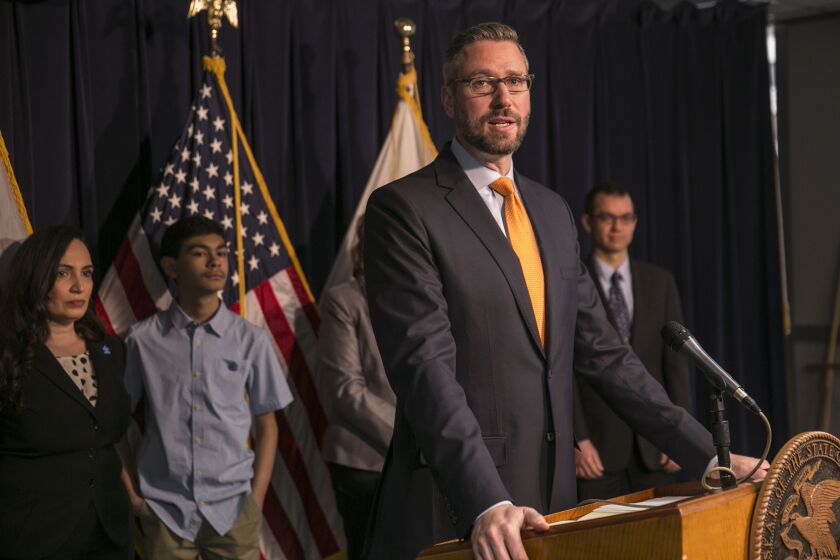A right-leaning think tank went to court Monday to try to stop Gov. J.B. Pritzker’s proposed move to a graduated income tax, alleging that educational efforts around the ballot initiative use misleading statements to “conceal the threat of taxes on retirement income.”
The Illinois Policy Institute, along with three retirees, filed suit in the Cook County Circuit Court’s Chancery Division against Illinois Secretary of State Jesse White and members of the state Board of Elections, saying, if approved, the graduated income tax would “eliminate important structural safeguards that deter legislators” from imposing new taxes on retirement income and higher taxes on those with lower incomes.
In the suit, the institute says a pamphlet released by White contains “misleading statements,” specifically around the proposed amendment not taxing retirement income.
Those statements “are particularly dangerous to retirees and conceal the threat of taxes on retirement income,” the institute and other plaintiffs allege.
Evidence shows that “adopting the [progressive income tax] amendment will make a tax on retirement income more likely,” the suit says.
The suit also points to a statement made by state Treasurer Mike Frerichs that a progressive tax would allow for graduated rates on retirement income.
In a statement, Quentin Fulks, the chair of Vote Yes for Fairness committee, which supports the amendment, called the suit “frivolous.”
“When the facts aren’t on your side, you’re forced to rely on blatant stunts and outright lies, and that’s exactly what we’re seeing from the Illinois Policy Institute today,” Fulks said. “This is just the latest attempt by an organization bankrolled by the wealthiest people in the state to ensure the burden remains on middle and working-class families, while millionaires and billionaires avoid paying their fair share.”
The graduated income tax, dubbed the “Fair Tax” by Pritzker and other supporters, has been one of the Democratic governor’s top priorities since taking office.
The proposal has led to a battle of the checkbooks between Illinois’ richest man, Ken Griffin, and the wealthy first-term governor.
Griffin has donated $46.7 million to stop the proposed income tax change, and Pritzker has donated $56.5 million of his fortune to the “Vote Yes for Fairness” committee, which is focused on passing the ballot initiative.
While opponents argue the proposal opens the door for further tax hikes down the road to pay off the state’s massive debts, Pritzker portrays it as a way to get the rich — including himself — to pay their fair share.
Voters are not deciding on the rates when they cast their ballot in November, however. Those were passed by the Legislature and signed into law by Pritzker in June of 2019.
Under that legislation, if voters approve the change to a graduated income tax system, incomes between $250,000 and $500,000 would be taxed 7.75%. It would maintain the current tax rate of 4.95% on incomes between $100,000 and $250,000, drop it to 4.9% for income from $10,000 to $100,000, and lower it to 4.75% for the first $10,000.
Income from $500,000 to $1 million would be taxed 7.85%, while income over $1 million would be taxed 7.99%.
The new tax rates would go into effect Jan. 1, 2021.







